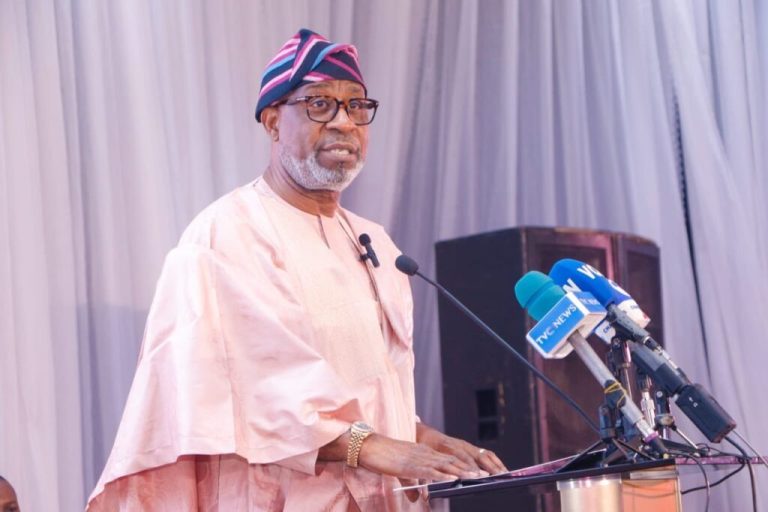Nigeria’s efforts to overhaul its mining sector are sparking growing interest from international investors, with President Bola Tinubu’s administration driving reforms aimed at unlocking an estimated $700 billion in untapped mineral resources, diplomatic sources have revealed.
Last week, Nigeria launched a four-day mining investment roadshow in South Africa, targeting $500 million in foreign investment for the country’s solid minerals sector. Held at the Sandton Convention Centre in Johannesburg, the event was organized by Nigeria’s High Commission in collaboration with Rosebank Capital and attracted investors keen on tapping into Nigeria’s rich reserves of gold, tantalite, limestone, and lithium.
A source in Abuja, who spoke on condition of anonymity, noted that several foreign diplomats had raised concerns about Chinese dominance in Nigeria’s mining sector. “Ambassadors from both Western and African countries have sent diplomatic notes back to their capitals, questioning why Chinese firms are the primary beneficiaries of Nigeria’s mineral wealth,” the source said. “They are increasingly acknowledging the positive momentum of Nigeria’s mining sector reforms.”
These reforms, spearheaded by Minister of Solid Minerals Development, Dele Alake, are central to Nigeria’s strategy to reduce its dependence on oil and diversify its economy. President Tinubu has entrusted Alake, a trusted ally, with advancing this agenda, leveraging his expertise and commitment to fostering sustainable results.
During the roadshow, Alake urged South African investors and global mining giants to seize the expanding opportunities in Nigeria’s mining sector, citing the country’s improved business climate and ongoing regulatory reforms.
The World Bank has also expressed growing support for the reforms, noting that they align with the institution’s recommendations for economic diversification and stability, which emphasize reducing Nigeria’s reliance on oil.
Experts estimate that Nigeria’s mining sector could contribute as much as $25 billion to the country’s GDP over the next decade and generate more than three million jobs. The federal government sees solid minerals as a key driver for economic diversification and a valuable source of foreign exchange.
As part of this strategy, President Tinubu appointed Alake to lead the sector’s transformation, signaling the government’s commitment to harnessing the country’s vast mineral resources for national development. Recent reforms, such as the launch of the Electronic Mining Cadastral System, have streamlined the licensing process through a fully digitized platform, enabling more efficient and transparent mining license applications.
Nigeria’s goal is to position itself as a global mining hub, attracting industry giants like Glencore, Rio Tinto, Intro-Africa Mining & Exploration, and Rainbow Mines to collaborate in maximizing the country’s mineral wealth and driving long-term economic growth. With these reforms and increasing investor interest, Nigeria’s mining sector is set to become one of the nation’s most significant economic pillars in the coming years.

